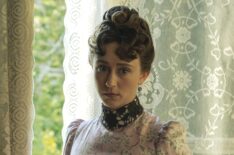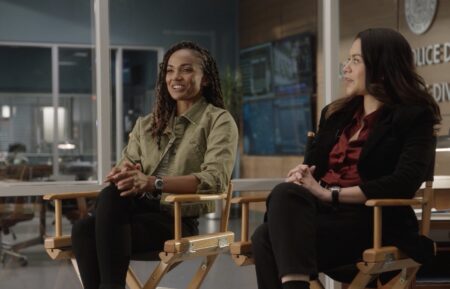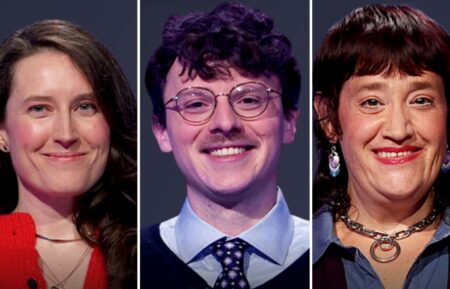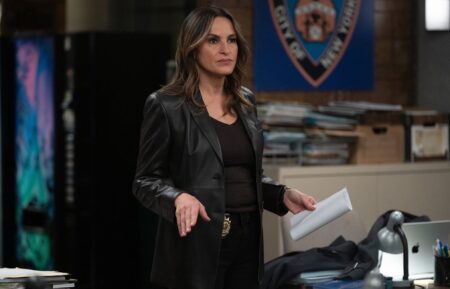‘The Gilded Age’ Stars on How Mrs. Kirkland & Colorism Will Impact Peggy & William’s Courtship
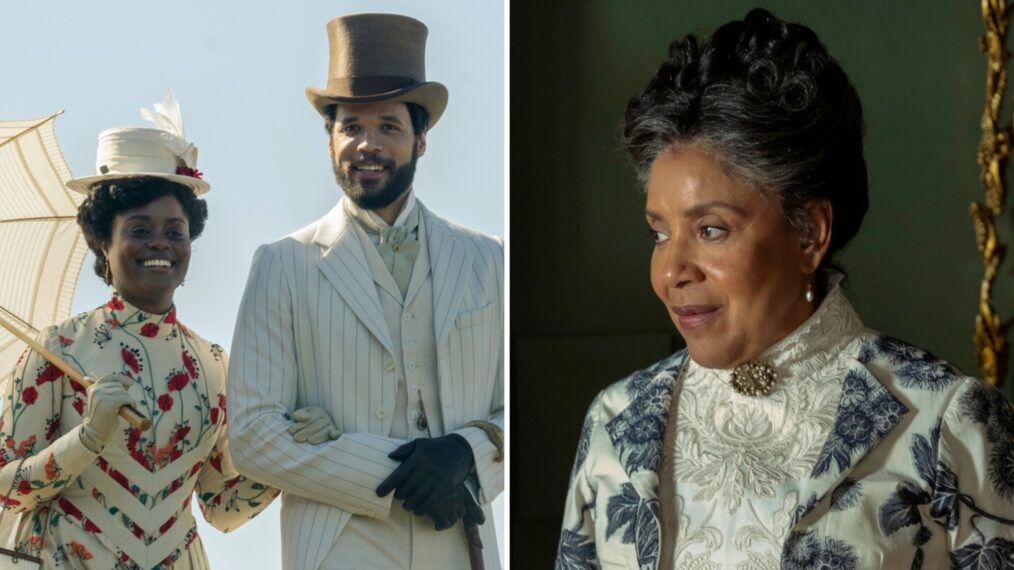
Spoiler Alert
[Warning: The following contains MAJOR spoilers for The Gilded Age Season 3 Episode 3, “Love Is Never Easy.”]
The Gilded Age portrays the Black elite of 1880s New York City in a way never before seen on TV, and Season 3 has allowed the HBO period drama to dive into its most nuanced depiction of this society yet through the inclusion of colorism and intersectional feminism storylines.
Episode 3, which aired on Sunday, July 6, began Peggy Scott (Denée Benton) and Dr. William Kirkland’s (Jordan Donica) courtship, leading to each of their families meeting at a party in Newport, Rhode Island. Played by Phylicia Rashad, Mrs. Kirkland is essentially the Mrs. Astor (Donna Murphy) of this community, meaning she has extremely high expectations for her son’s future marriage. Her husband, Mr. Kirkland, is played by Brian Stokes Mitchell. The Kirklands and Scotts first meeting marked a reunion for Audra McDonald (Mrs. Scott) and Mitchell, who costarred in the original Broadway cast of the Tony-winning musical Ragtime in the 1990s.
The meeting of these two families was pleasant at first, but it quickly became uncomfortable when Mr. Scott (John Douglas Thompson) shared that he was a former slave. Mrs. Kirkland had made several comments expressing her pride that her family had not been enslaved and had lived in wealth in the north for multiple generations. There was an air of judgment and disappointment when she learned Mr. Scott’s history, despite the impressive story that is his rise to self-made success after emancipation. Mrs. Kirkland also feared her grandchildren’s skin getting darker in the sun at the end of this scene. Peggy’s darker skin, her familial ties to slavery, and her career ambitions have already marked her as a bad match for William in Mrs. Kirkland’s eyes, which will cause tension throughout Peggy and William’s courtship.
Benton and Donica tell TV Insider about the importance of portraying the nuances of colorism this season.
“If you’re watching Black films, I do think that it’s something within our community you can’t ignore because it’s just something that’s in the texture of everything, but to see it in this context I think is really interesting,” Benton says, “just the ways that the concepts of white supremacy can be embodied in any human, unfortunately, and to get into that.”
“And to get to the roots of it beyond just the color of one’s skin. It’s also about the class of someone,” Donica adds. “Do they have the trauma of slavery in their family’s past?”
Donica reveals an acting exercise he and Rashad would do during downtime on set to help further develop their characters.
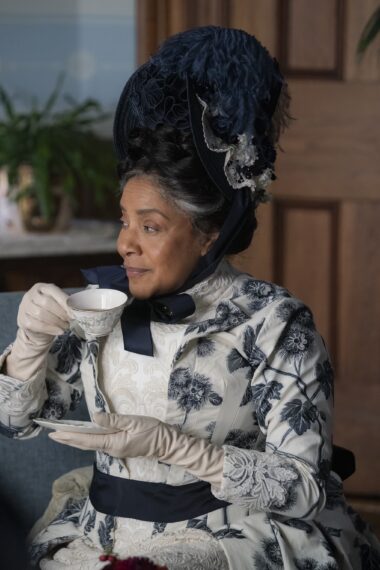
Karolina Wojtasik / HBO
“Phylicia and I talked quite often off-camera, in-character about Peggy and why she feels the way she does,” Donica says. Rashad “would always make it clear it’s not that [Mrs. Kirkland] dislikes Peggy as a person, she just doesn’t like her as a match for her son, which to her, those are two distinct differences. It’s like, OK, holding space for that to be true, but holding space for my feelings, too. It’s my life. These are my feelings, and this is who I desire.”
Donica says that is also brings up topics such as “what is blackness and all of these different passing strange-type questions that persist within our community. As Denée said, if you watch any Black stories, they really do persist, but it isn’t something that we get to express in this time period or talk about at this level on a network such as this that often, if ever, so to be able to have that be the story means a lot. Hopefully we can have tools to talk about it today in a more nuanced way.”
Talking off-camera in-character was Rashad’s idea, Donica says, “because we don’t get the same time we get in rehearsals” like they would onstage (Donica, like much of The Gilded Age cast, is a Tony-nominated Broadway star himself).
“I remember meeting Phylicia in the makeup trailer our first day shooting together, and she was just like, ‘Son.’ I was like, ‘Mom,’ and then from then on we just kept that rapport going,” he shares. “I still call her mom. I texted her after Purpose won the Tony, ‘Congratulations, Ma.’ I think we’ll always have that kind of connection and relationship, and the more you can dive into doing that work on a set, the more it’s going to show up on camera because I think Kirkland loves his mom and respects his mom. And that’s why he’s able to love and respect Peggy so much, too, because how he feels about Peggy is how he feels about his mom ultimately. Peggy’s just obviously a little more modern and forward-thinking.”
And that’s just the problem for Mrs. Kirkland. Benton says that Peggy “in some ways has been trained for” disapproving remarks from her elders when it comes to her career ambitions and political activism. “She’s like, ‘Another person mad about my career. Been there, done that,'” Benton explains. “She’s really gotten her parents to come around to the fact that that’s not something she’s willing to budge on,” and she won’t budge for Mrs. Kirkland, either. But will that come at a cost?
The Gilded Age, Sundays, 9/8c, HBO

Christine Baranski
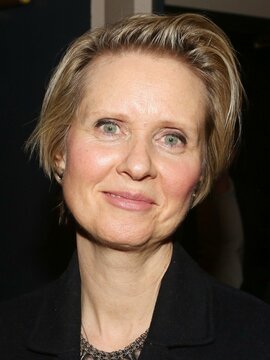
Cynthia Nixon
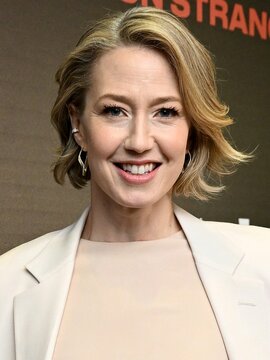
Carrie Coon
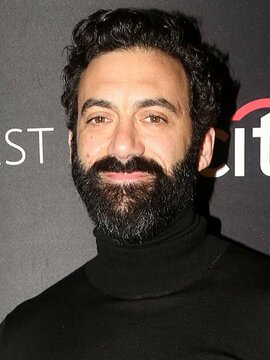
Morgan Spector
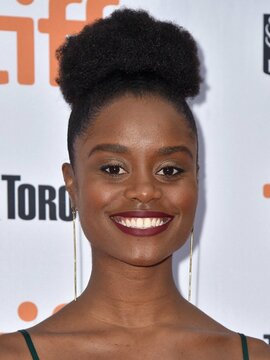
Denée Benton
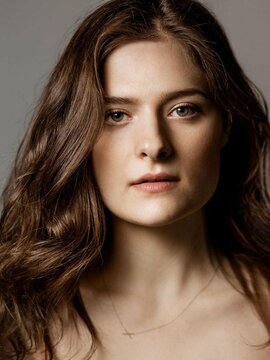
Louisa Jacobson
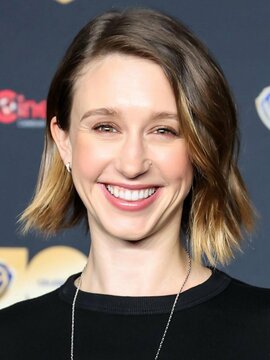
Taissa Farmiga
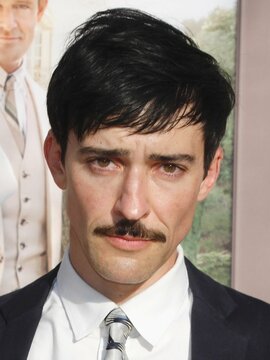
Blake Ritson
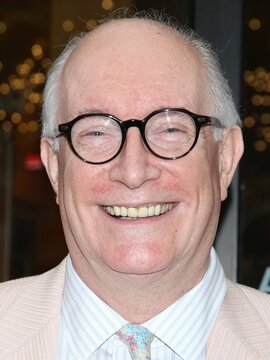
Simon Jones

Harry Richardson
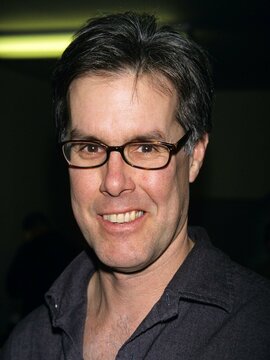
Jack Gilpin

Ben Ahlers
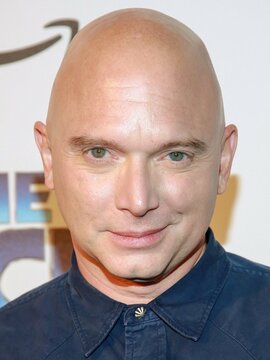
Michael Cerveris
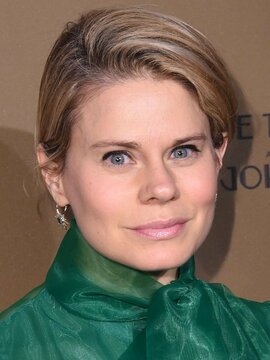
Celia Keenan-Bolger

Debra Monk
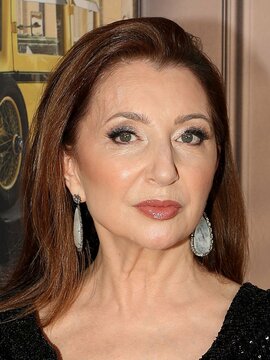
Donna Murphy
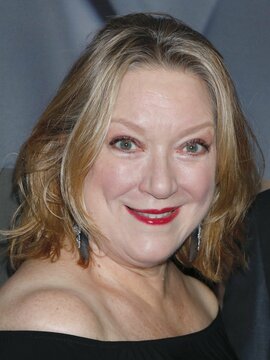
Kristine Nielsen
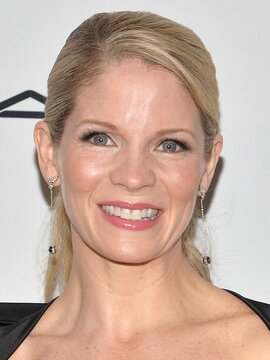
Kelli O'Hara
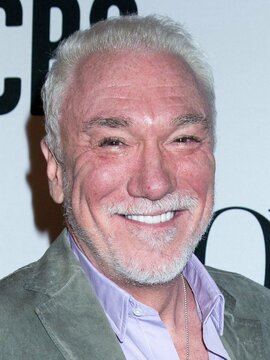
Patrick Page
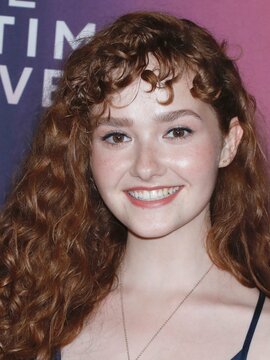
Taylor Richardson
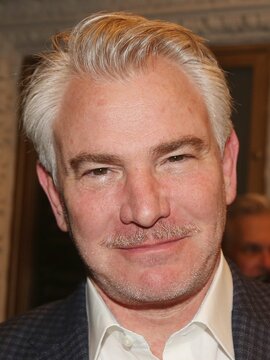
Douglas Sills
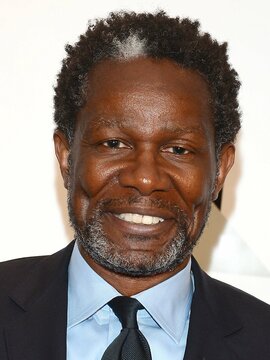
John Douglas Thompson
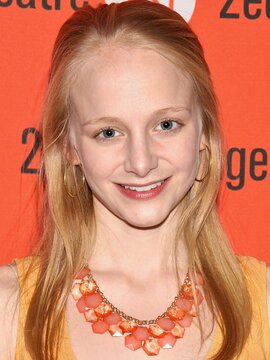
Erin Wilhelmi

Kelley Curran
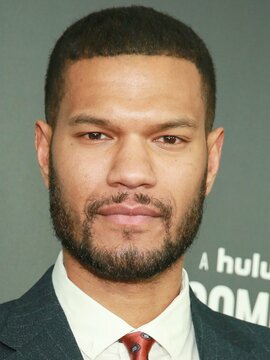
Sullivan Jones

Nicole Brydon Bloom
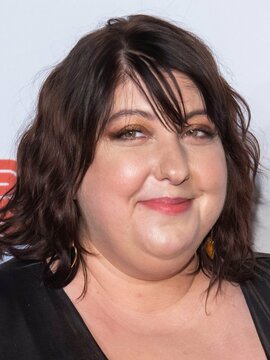
Ashlie Atkinson
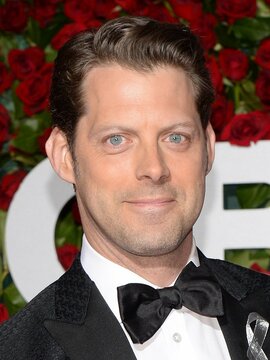
David Furr

Ward Horton
⨁Full Cast & Crew
